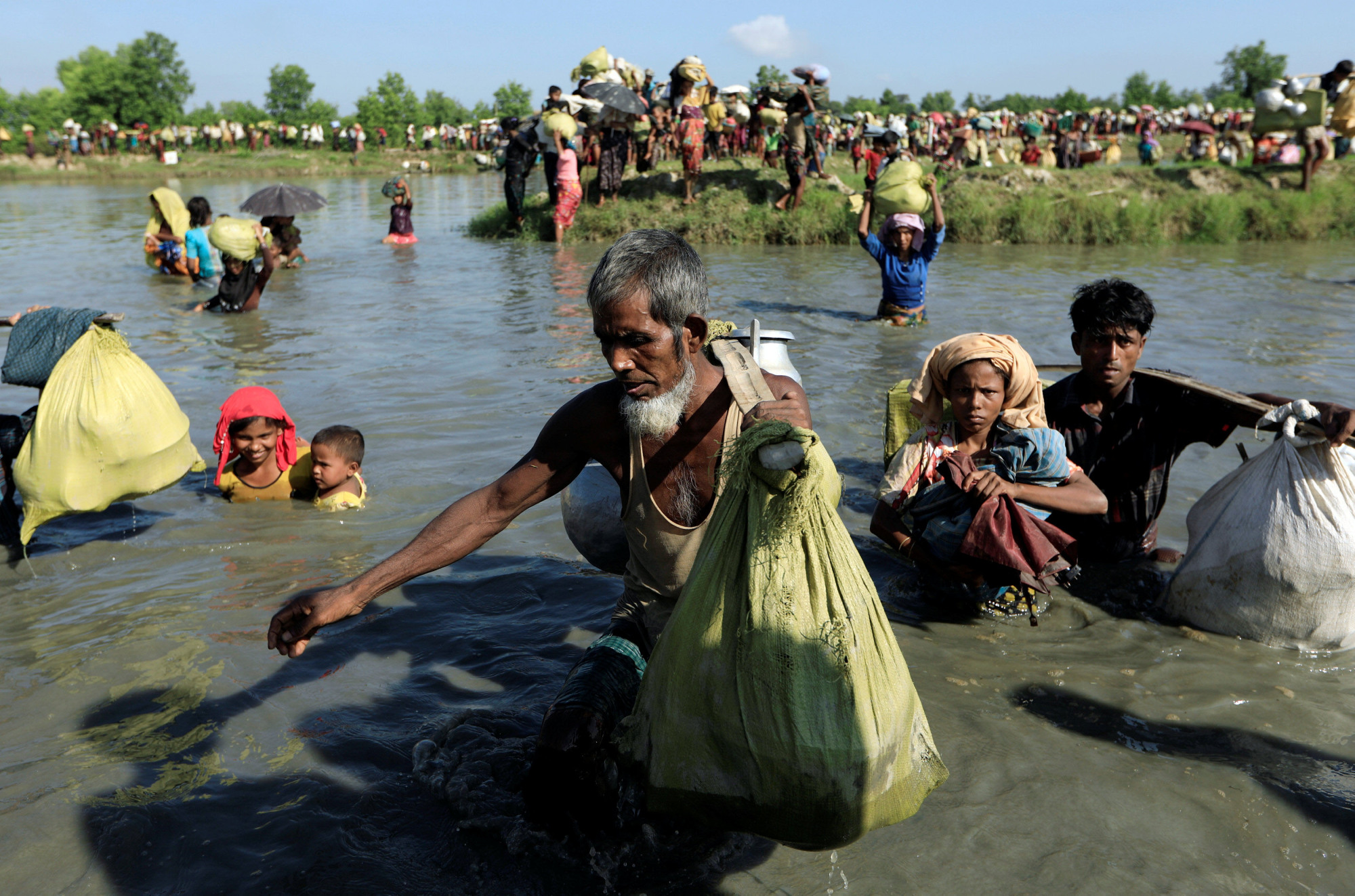The humanitarian crisis afflicting Myanmar's Muslim Rohingya has damaged the country's political stability and shattered its image as a country moving toward democracy. Moreover, it has tarnished the reputation of the government's de facto leader, the Nobel Peace Prize laureate Aung San Suu Kyi; called into question the crisis-management credentials of ASEAN and the United Nations; and made a mockery of international institutions for conflict prevention.
And yet, for all the woe, a resolution remains possible; to achieve it, five steps must be taken without delay.
First and foremost, the killings and atrocities must stop, which will be as difficult as it is necessary. Myanmar's military has engaged in a sustained campaign of ethnic cleansing, with the primary goal of expelling the Rohingya from the country. Although these actions cannot be undone, further bloodshed and targeted evictions can and should cease.


















With your current subscription plan you can comment on stories. However, before writing your first comment, please create a display name in the Profile section of your subscriber account page.